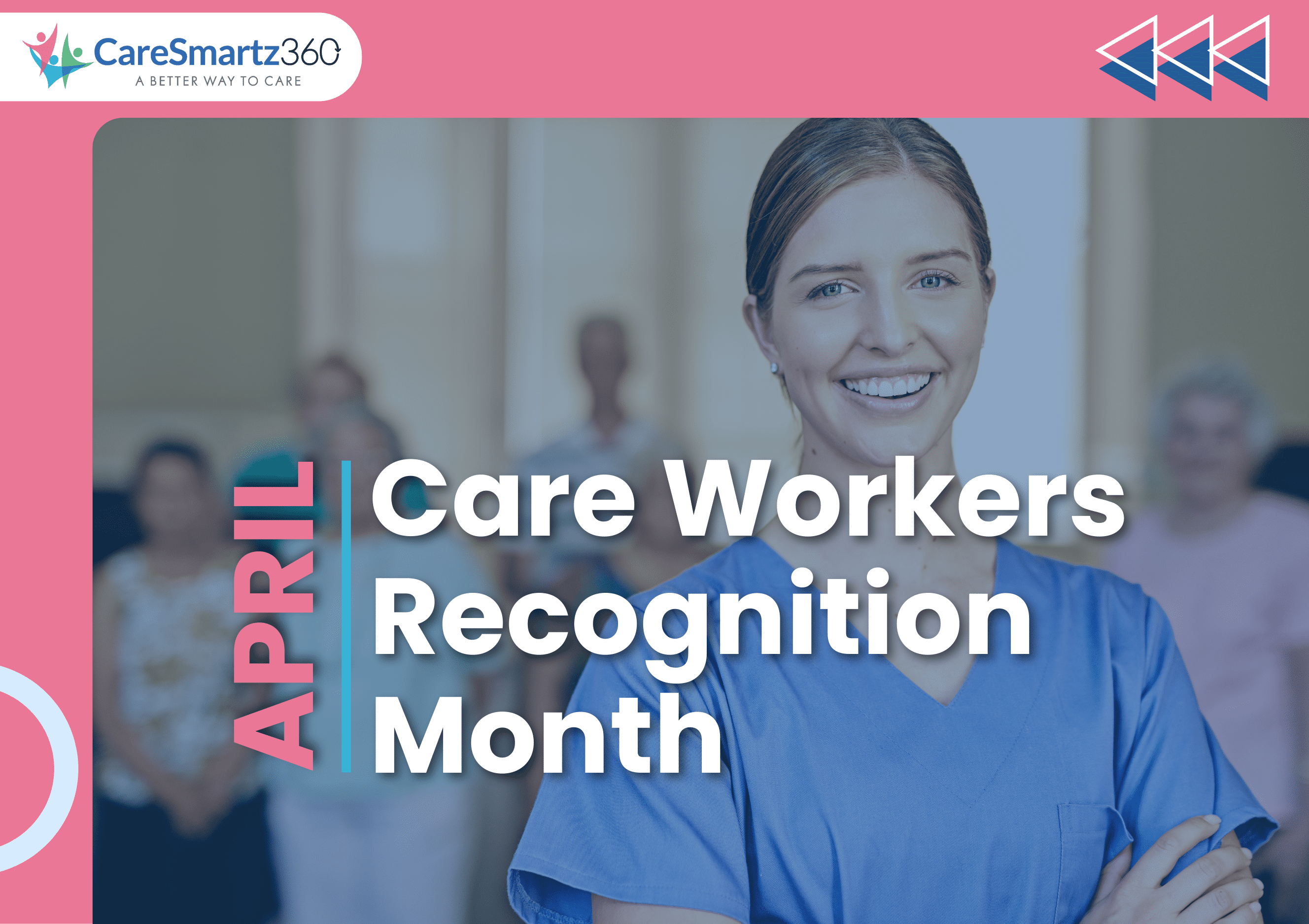
April marks a beautiful milestone as the White House has officially designated it as Care Workers Recognition Month—a heartfelt celebration of those who nurture our homes, communities, and families.
For the first time, the national spotlight shines on the millions of Black, Latinx, and immigrant women of color whose compassionate work has long gone unrecognized. This historic proclamation is not just a celebration but a pivotal step toward transforming how the country values care and caregivers.
In a world where care work has often been invisible, this moment invites us to honor everyone from family caregivers and home care workers to nannies and childhood educators.
It’s a call to share caregiver stories and celebrate the individuals in our lives who make a difference every day.
As we embrace this new era of recognition, let’s come together to uplift and support those who provide us with care and love, ensuring they receive the respect and dignity they truly deserve.
Agencies can take decisive steps to uplift and honor the vital contributions of immigrant women of color in caregiving roles. They can launch targeted recognition campaigns—using awards, storytelling, and media spotlights—to showcase their dedication and unique challenges.
Collaborating with culturally competent community organizations and leaders can ensure that the narratives shared are authentic and empowering.
Founder, Maxady
Colleen emphasizes that preventing caregiver burnout requires both individual and organizational strategies. She highlights that burnout is more than just stress or fatigue—it’s a chronic workplace issue that leads to emotional exhaustion, reduced accomplishment, and even a loss of personal identity.
To support caregivers, Colleen stresses the importance of early recognition of burnout signs, such as irritability and decision fatigue.
She also points out that newer research suggests burnout is often caused by workplace conditions rather than just personal coping mechanisms.
Caregivers may feel unsupported due to unfair treatment, overwhelming workloads, or poor scheduling practices.
A key takeaway is that management plays a crucial role in burnout prevention. Leaders need proper caregiver training to support, address concerns about workload fairness, and foster open communication.
When caregivers feel heard and valued by their managers, they are significantly less likely to experience burnout. Ultimately, preventing burnout is about creating a fair, supportive work environment rather than just relying on self-care strategies alone.
Further, agencies can develop specialized training, mentorship programs, and support networks that address both professional and personal needs, while advocating for policies that reduce systemic inequities.
These comprehensive efforts celebrate these essential caregivers and help build a more inclusive and resilient community.
Home care agencies have the opportunity to embrace and support caregivers by creating holistic programs that nurture their emotional, financial, and professional well-being.
By celebrating caregivers through awards, heartfelt public recognition, and specially designed support services, their invaluable contributions are acknowledged and honored.
When agencies offer compassionate training, respite care, and flexible work arrangements, they help ease the pressures of caregiving, ensuring that seniors receive the gentle, quality care they deserve.
Business Development Manager, Paradigm Senior Services
Melissa emphasizes that caregiver training is essential for home care agencies, as it equips caregivers with the necessary skills to provide high-quality care while also improving client satisfaction, referrals, and business growth.
She highlights the importance of both practical and interpersonal skills, effective communication, and structured collaboration between caregivers, families, and medical professionals.
She also underscores the need to assess training effectiveness through client feedback, performance metrics, and real-time observation. Further, she sees AI as a game-changer in caregiver education, offering personalized learning experiences and virtual simulations for hands-on training.
Melissa shares success stories illustrating how training programs have empowered caregivers to enhance client well-being, such as improving mobility and reducing agitation in individuals with dementia.
Finally, she stresses that investing in caregiver training is a strategic move that benefits agencies, caregivers, and clients alike.
Moreover, partnering with community organizations to provide additional resources—such as counseling, legal advice, and financial guidance—empowers caregivers to find balance between their responsibilities and personal well-being.
These thoughtful efforts not only recognize the dedication of caregivers but also strengthen the fabric of our communities, transforming lives with kindness and resilience.
As we celebrate Care Workers Recognition Month, let us reflect on the extraordinary contributions of those who care for our communities, homes, and families.
Every caregiver, whether a family member or a home care worker brings compassion and resilience into our lives. Their dedication and love transform challenges into opportunities for connection and healing.
Now, more than ever, it is our duty to honor, support, and uplift them. By sharing their stories and embracing inclusive care, we create a future of respect and empowerment.
Together, we can ensure every caregiver feels seen, valued, and cherished with gratitude.
Our users reported 95% customer satisfaction in 2024. Schedule a personal walkthrough to see CareSmartz360, home care software in action.